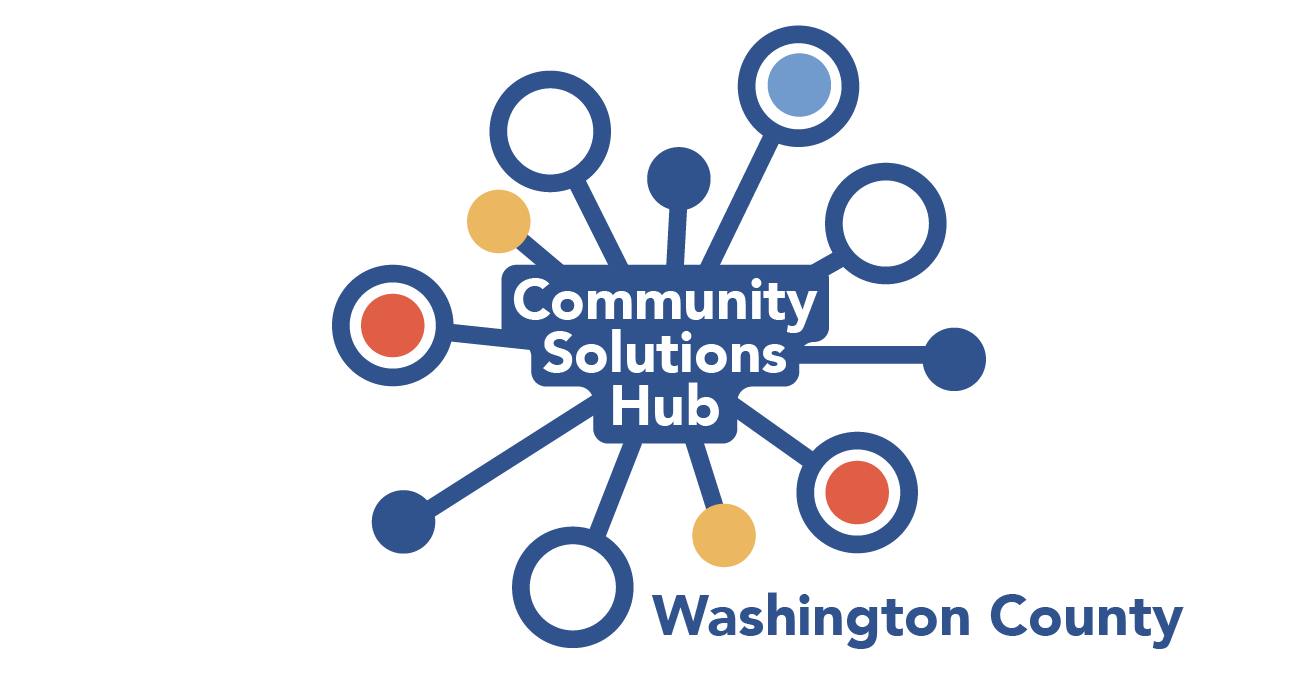Promising Practices
The Promising Practices database informs professionals and community members about documented approaches to improving community health and quality of life.
The ultimate goal is to support the systematic adoption, implementation, and evaluation of successful programs, practices, and policy changes. The database provides carefully reviewed, documented, and ranked practices that range from good ideas to evidence-based practices.
Learn more about the ranking methodology.
Filed under Evidence-Based Practice, Economy, Rural
Goal: Medical-legal partnerships perform advocacy services for vulnerable and under-served populations. These populations are typically burdened disproportionately by legal and medical problems. This study aimed to examine the effectiveness and sustainability of a rural medical-legal partnership (MLP).
Impact: The rural medical-legal partnership continued to show social and financial impacts, such as health care recovery dollars (319% return on investment between 2007 and 2009), Social Security benefits, family law services, and end-of-life guidance.
Filed under Evidence-Based Practice, Health / Health Care Access & Quality
Goal: To find, explore, and implement a sustainable funding stream for community-based healthcare interventions.
Filed under Evidence-Based Practice, Health / Physical Activity, Teens, Urban
Goal: The goal of Students for Nutrition and Exercise is to encourage healthy eating and daily physical activity in middle school students.
Impact: The SNaX program shows that programs which train peer advocates to encourage healthy eating and daily physical activity in students can serve to benefit those trained as peer advocates after the intervention.
Filed under Good Idea, Health / Physical Activity, Children, Teens, Adults, Families, Urban
Goal: Atlanta Streets Alive seeks to shift the current car-centric dynamic and replace it with a proactive community that comes together on a regular basis to participate in active transportation, physical activity, cultural and artistic endeavors, and to enjoy our neighborhoods and communities from a different perspective-from the street.
Filed under Effective Practice, Education / Childcare & Early Childhood Education, Children, Families, Rural
Goal: The BEE Program seeks to strengthen parents' abilities to provide the physical and emotional support necessary for children's healthy growth and development by giving them otherwise unavailable access to parenting and early childhood education.
Filed under Evidence-Based Practice, Health / Mental Health & Mental Disorders, Children, Families
Goal: The goal of this program is to provide information about mood disorders to parents, equip parents with skills they need to communicate this information to their children, and open dialogue in families about the effects of parental depression.
Impact: Parents in the program scored better in their reports of child-related behavior and attitude changes of parental illness than parents who received a group-format presentation. Children in the program scored higher on measures of improved understanding of parental mood disorder than children who received a group-format lecture.
Filed under Effective Practice, Community / Public Safety, Teens
Goal: The goal of this program is to decrease driving under the influence among college students.
Filed under Effective Practice, Health / Older Adults, Older Adults
Goal: The goal of the GRACE model is to increase quality of care for low-income seniors.
Impact: The GRACE model has been shown to improve quality of care and health outcomes in low-income seniors.
Filed under Good Idea, Community / Governance, Urban
Goal: The goal of the Statewide Park Development and Community Revitalization Act is to ensure that funding for new parks and green spaces is prioritized for critically underserved and disadvantaged urban communities.

